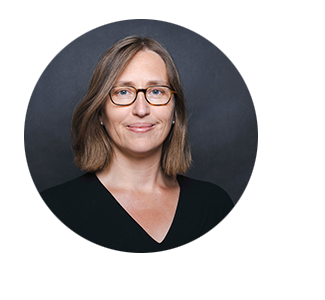

How to leverage the news cycle
Have you ever been frustrated because your expertise or research was not picked up by the media? Here are ten Do's to get your work featured in the media.
Be timely.
What's the occasion? The chances of your work being picked up increase significantly if there is a hook for the story.
Timing is essential. For breaking news, act quickly. For predictable events, contact the journalist two weeks in advance so your pitch can be included in the planning cycle.
Be proactive.
Don’t be shy to offer your expertise. Have a fascinating study come out? Reach out with the most interesting findings, don't wait until your study is published.
I can't promise that you will always get a response. Most journalists receive a lot of pitches and have to carefully select the most pressing matters. But we're grateful to have you on our radar.
Be efficient.
Send a short pitch to gauge if there is interest before writing an entire piece. This gives the journalist a chance to discuss the approach and outline with you, which increases your chances of getting published. And you save your time if the piece is not something the media can use at the time.
Be quick.
The news cycle runs fast. Most journalists are on tight deadlines and under tremendous time pressure. A quick response - even if it's just to say you can't contribute at that time - will be greatly appreciated.
Be clear.
What is your point? Make sure the reader understands why you're writing and what your argument is. Include a title and a teaser to catch the reader's attention. A clear structure and subheadings increase readability.
Be original.
What sets your work apart from others? "More of the same" is a common reason for rejection. Don't be afraid to take a stand. Journalists love controversy.
Be relatable.
Why should I care? Show why the topic you're writing about is relevant to the reader.
Be concise.
If you're not sure how long a piece should be, ask. Editing pieces for length takes time, which few journalists have. Focus on what really matters to a general interest audience.
Be reader-friendly.
Avoid technical jargon and acronyms. If you must use them, explain them. Don't make the reader work through your text.
Don't be offended.
It didn't work out this time? It probably has nothing to do with the quality of your work. Maybe the timing wasn't right, other topics took priority, or your expertise wasn't in the format the journalist needed. Don't get discouraged. Try again.
This 10-point plan was originally presented by Anja Wehler-Schöck at the WonkComms Breakfast Club event organized by Think Tank Lab and Soapbox on November 13, 2024. You can read more about the event here. Join our mailing list to receive invitations to future events.
Anja Wehler-Schöck
International Editor and Member of the Editorial Board, Tagesspiegel

Anja Wehler-Schoeck is the International Editor of the German newspaper Tagesspiegel and member of its Editorial Board. In 2022, she founded the paper’s international affairs desk, which she subsequently headed until the end of 2024. Prior to that, she served as editor-in-chief of IPG Journal, a debate forum for international and European policy. Previously, she worked as Political Counselor at the German Embassy in Washington, DC and headed the Amman office of the German Friedrich-Ebert-Stiftung as Country Director for Jordan and Iraq. She is a frequent commentator on international affairs, European politics, transatlantic relations and security policy.
Photo Credit: Tagesspiegel / Nassim Rad